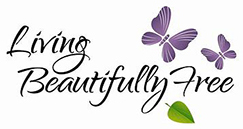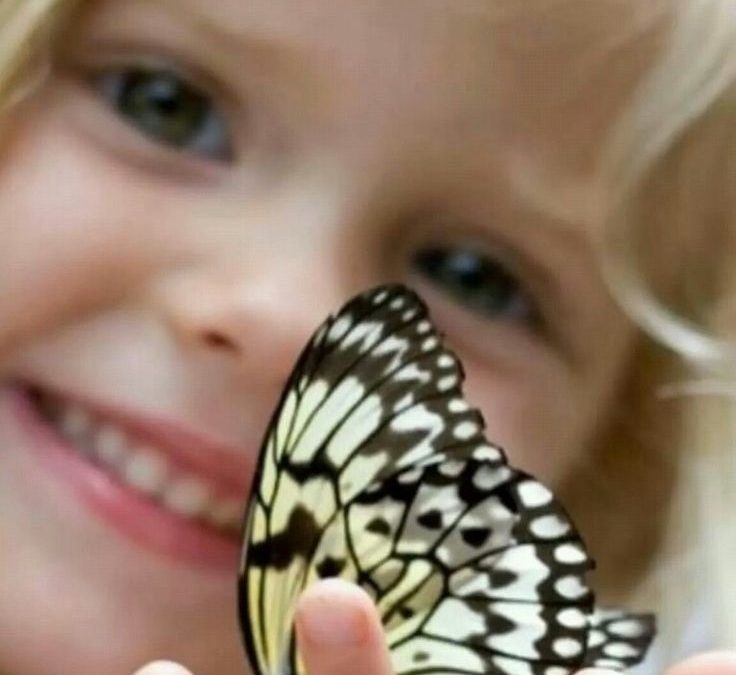My career as an Early Childhood Specialist was fulfilling, although at times it could be challenging. Working to understand how children learn and being able to meet the individual needs of each child was demanding. In order to help the children, become their very best, I had to understand human development and call on my studies in psychology.
Now, in my new career as a person who helps adults find their health and happiness, I am finding that what I learned as an early childhood specialist applies to adults just the same. I also appreciate the importance of understanding human development and how it plays such a major role in human optimization.
I also found that who we are as adults is most definitely related to who we were as children and our early life experiences. Many clients have shared with me how their early life experiences have negatively shaped their current health and life situations. Science has also found a link between early life experiences and adult behaviors, health, and life choices. (ACE Study)
So, my thought is, what if we did a better job working with our children? What if we taught and modeled behaviors that could lead to a healthier, happier adult? I think we can do a better job preparing our children to be productive adults. Now, there is no judgement here, I know there are parents who love their children and have done their best to raise them healthy & happy.
But we can only teach and model what we know. This is usually based on how we ourselves were parented.
There are so many areas of development we could look at. And so many areas where we can work on to build stronger strategies that lead to healthier and happier adults.
Let us take a look at teaching children to make good decisions. Which then lead to adults who can make confident choices.
If we want our children to be good decision makers, we need to give them opportunities to make decisions. This is a learned skill, one that needs to be practiced over and over.
We can’t expect our children to make good choices when they haven’t had the experienced in making any.
I know you are probably saying, “My child doesn’t have the life experiences to make their own choices.” But you may be surprised just how many opportunities there are throughout the day for your child to make their own choices and to practice this important skill. If we start with simple choices, they can build skills that will support them throughout their life. And become that young adult who makes good choices.
Run through your day, just how many choices are you making for your child? What to wear, what to eat, how they spend their day, where to go to school, how to do their homework.
There are many opportunities where you can include your child in some of these daily activities, empowering them to make decisions and learn from their choices.
As children begin this process of making their own choices, they will make mistakes, make poor choices. It will be important for you to support them in this step. This is not the time to gloat, to say I told you so, or point out their error. By doing this, you will not encourage them to move forward and continue to make choices and learn. This is a good opportunity to review what did work, what they might change, or do differently, and make plans for their next steps. (And there needs to be next steps)
What might this look like?
- Allow your child to make a choice, maybe allowing them to pick out their clothing for the school day.
- After school, have a casual conversation about your child’s choice of clothing. Were they warm enough, comfortable? Were they happy with their choice?
- Support their choice and help them make future choices. Add a jacket if they were cold, pants instead of shorts.
While we are on the topic of mistakes, this is a concept we need to shake up and change how we think about it. We often feel the need to hide our mistakes or at the very least make up an excuse for them.
But it is through our mistakes that we learn. Making a mistake is not a reflection of your worth. A mistake is an action or thought that we made that we could have been done differently. It is an excellent opportunity from which we can learn and grow. This is a practice you can bring into your family routine. What if each evening as the family sits and shares their day, there is a conversation about what each of you did wrong? Think of the problem solving and growth that could occur.
Of course, you need to be comfortable with modeling this behavior. This may be difficult for you, since the negative connotation that comes with making mistakes has been deeply ingrained in our lives. But the practice of reflecting on our choices and making better choices in the future is an awesome skill to have, as a child or an adult.
I hope these ideas are helpful to you, as you work to support your child or the children in your life as they learn to be healthy and happy adults.
If you have any questions, you can contact me through my website or Face Book page. https://www.facebook.com/LivingBeautifullyFree


Recent Comments